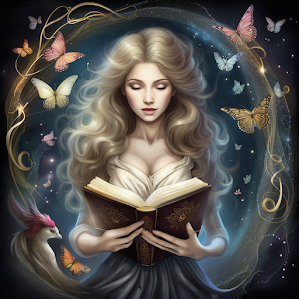The Medieval Era: A Tapestry of History, Chivalry, and Innovation
Introduction:
The
Medieval Era, often referred to as the Middle Ages, spanned roughly from the
5th to the 15th century, serving as a bridge between the classical
civilizations of antiquity and the Renaissance that followed. This period,
characterized by diverse kingdoms, feudalism, chivalry, and burgeoning
intellectual pursuits, laid the foundation for the modern world. Let us delve
into the rich tapestry of the Medieval Era and explore its key features.
The Collapse of Rome and the Rise of Feudalism:
The
Medieval Era emerged from the ashes of the Roman Empire's decline. With the
fall of Rome, Europe witnessed a shift towards decentralized governance and the
rise of feudalism. Local lords, vassals, and serfs formed the backbone of
medieval society, creating a hierarchical structure that dominated the
landscape.
Chivalry and the Code of Knighthood:
One of the
defining features of the Medieval Era was the concept of chivalry. Knights,
armored warriors on horseback, adhered to a code of conduct that emphasized
honor, bravery, and loyalty. The romanticized image of the knight in shining
armor became an enduring symbol of this era.
Cathedrals, Castles, and Medieval Architecture:
The
Medieval Era witnessed remarkable architectural achievements, particularly in
the construction of cathedrals and castles. Gothic architecture, with its
towering spires and intricate stained glass windows, marked an era of
innovation and artistic expression.
The Crusades:
The call to
reclaim the Holy Land defined a significant portion of the Medieval Era. The
Crusades, a series of religious wars between the 11th and 13th centuries, saw
European knights embarking on expeditions to Jerusalem. These military
campaigns had profound cultural, economic, and social impacts on both the
Eastern and Western worlds.
Intellectual Revival and the Birth of
Universities:
Despite
popular misconceptions about a lack of intellectual progress, the Medieval Era
experienced a revival of learning. Monasteries and early universities became
centers of scholarship. The works of philosophers like Thomas Aquinas and the
preservation of ancient texts played a crucial role in laying the groundwork
for the Renaissance.
Medieval Literature and Art:
The
Medieval Era produced a wealth of literature and art, often intertwined with
religious themes. Epic poems like "The Song of Roland" and
allegorical tales like "The Divine Comedy" by Dante Alighieri are
timeless examples of medieval storytelling. Illuminated manuscripts and
tapestries also flourished, illustrating scenes from religious texts and daily
life.

.jpg)
No comments:
Post a Comment